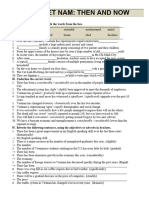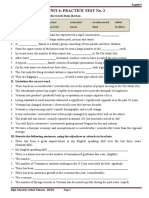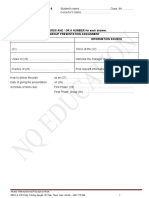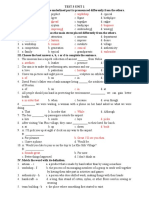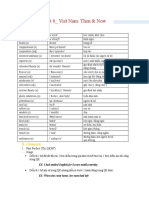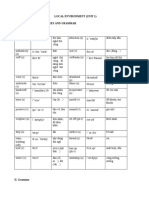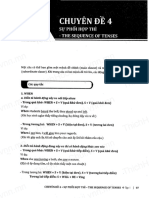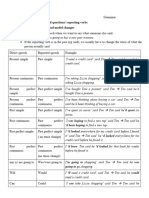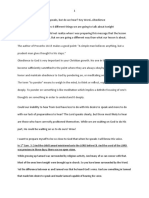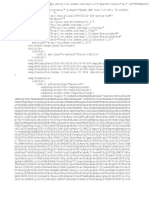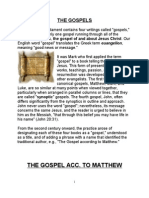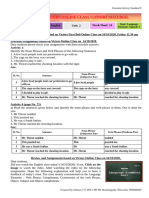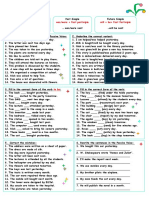0% found this document useful (0 votes)
47 views13 pagesUnit 6
The document focuses on vocabulary and grammar exercises related to urban infrastructure and demographic changes in Vietnam. It includes fill-in-the-blank activities, sentence transformations, and multiple-choice questions to enhance language skills. Additionally, it provides reading comprehension tasks about the historical development of Ho Chi Minh City.
Uploaded by
Anh Trần ViệtCopyright
© © All Rights Reserved
We take content rights seriously. If you suspect this is your content, claim it here.
Available Formats
Download as DOCX, PDF, TXT or read online on Scribd
0% found this document useful (0 votes)
47 views13 pagesUnit 6
The document focuses on vocabulary and grammar exercises related to urban infrastructure and demographic changes in Vietnam. It includes fill-in-the-blank activities, sentence transformations, and multiple-choice questions to enhance language skills. Additionally, it provides reading comprehension tasks about the historical development of Ho Chi Minh City.
Uploaded by
Anh Trần ViệtCopyright
© © All Rights Reserved
We take content rights seriously. If you suspect this is your content, claim it here.
Available Formats
Download as DOCX, PDF, TXT or read online on Scribd
/ 13






